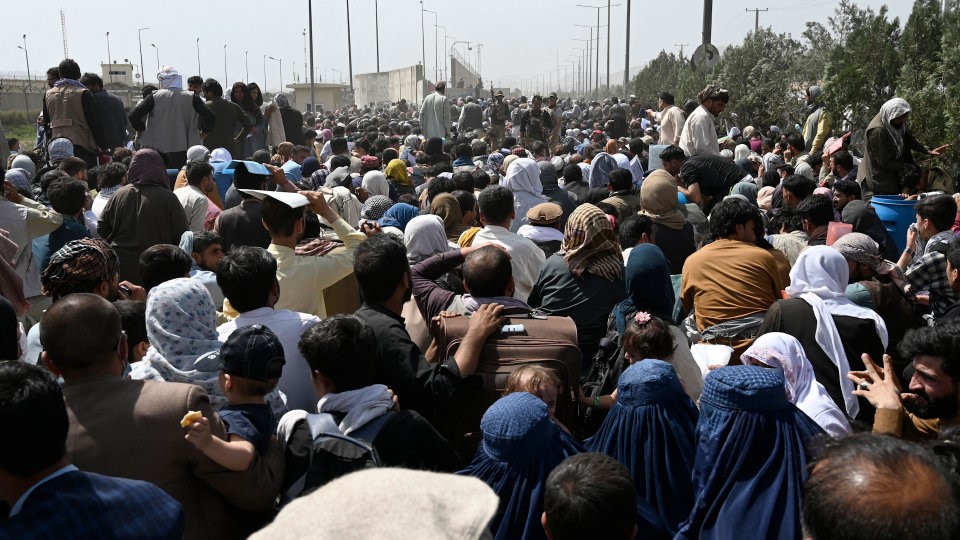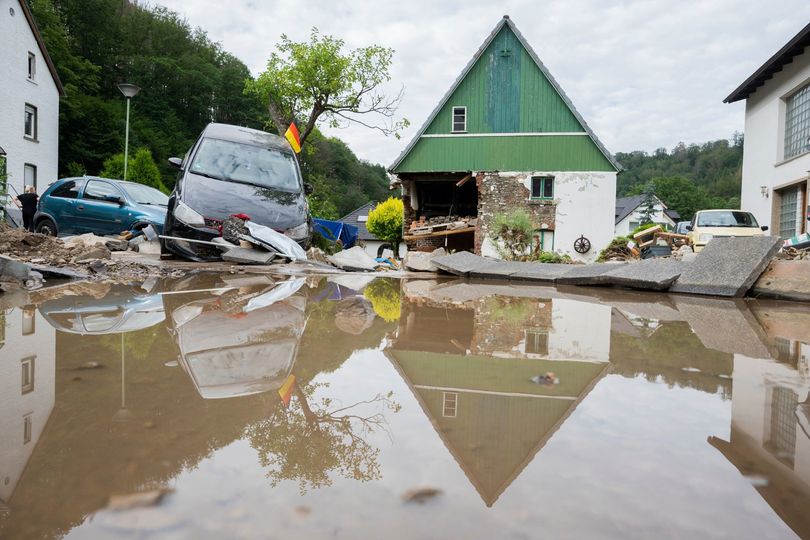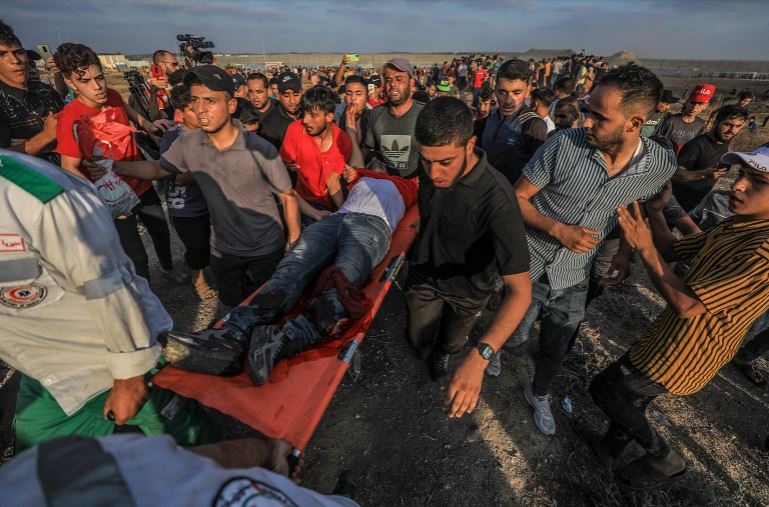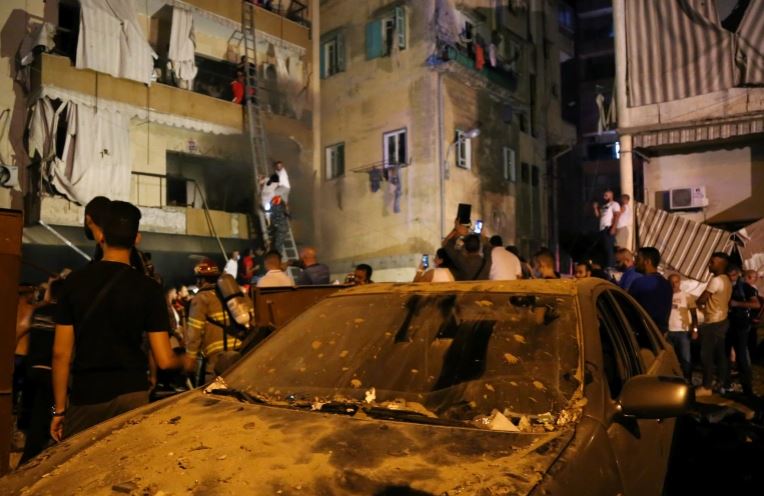AFGHANISTAN, 6 September 2021 – Lebih 17,600 pelarian dalam negara (IDPs) di Kabul memerlukan bantuan kemanusiaan sama seperti penduduk di Herat, Nangarhar, Balkh dan Kandahar.
Secara keseluruhan, seramai 550,780 daripada lebih 81,309 buah keluarga hilang tempat tinggal sepanjang tahun ini ekoran konflik yang berlarutan.
Pertubuhan Bangsa-Bangsa Bersatu (PBB) memberi amaran bahawa bekalan makanan di Afghanistan akan habis pada penghujung bulan ini manakala sekurang-kurangnya 200 juta dolar diperlukan untuk membekalkan bantuan makanan kepada golongan rentan.
Lebih separuh kanak-kanak berumur lima tahun dan ke bawah menderita masalah kekurangan zat makanan dan lebih satu per tiga penduduk tidak mendapat keperluan makanan secukupnya.
Harga makanan dan bahan bakar terus meningkat, mengakibatkan semakin banyak keluarga terpaksa menjual barangan keperluan rumah bagi mendapatkan wang untuk keperluan harian dan proses migrasi ke negara lain di bahagian utara wilayah itu.
Setakat ini, 117,000 orang telah dipindahkan daripada Kabul. Selain itu, turut dilaporkan berlaku gangguan bekalan elektrik dan air di kawasan itu manakala rangkaian internet pula perlahan.
Sekurang-kurangnya lima roket telah dilancarkan untuk menembak balai polis di Kabul pada 30 Ogos lalu, seterusnya meragut tujuh nyawa termasuk wanita dan kanak-kanak yang tinggal di kawasan perumahan berdekatan.
Dalam kejadian lain, sembilan orang maut termasuk enam kanak-kanak dalam serangan yang menyasarkan sebuah kenderaan di kawasan perumahan di Kabul menggunakan dron.
Pesuruhjaya Tinggi Pertubuhan Bangsa-Bangsa Bersatu untuk Pelarian (UNHCR) menganggarkan, 500,000 penduduk Afghanistan bakal meninggalkan negara itu dalam tempoh empat bulan lagi ekoran keadaan politik yang tidak menentu.
Islamic Relief telah menyertai sesi penilaian keperluan mendesak penduduk terjejas bersama rakan kemanusiaan lain sejak 28 Ogos lalu. Setakat ini, 286 buah keluarga telah dikenalpasti untuk penyaluran bantuan dan Islamic Relief akan memperluaskan lagi kajian penilaian di Kabul.
Islamic Relief merangka untuk mengedarkan bantuan 950 pek makanan dalam masa terdekat.
Sementara itu, Islamic Relief Worldwide telah melancarkan kempen Rayuan Kecemasan Afghanistan yang menyasarkan dana sebanyak 5 juta dolar untuk membantu penduduk terjejas melibatkan bantuan pek makanan, kit kebersihan, kit simpanan air, barangan bukan makanan (NFI) dan perlindungan.









